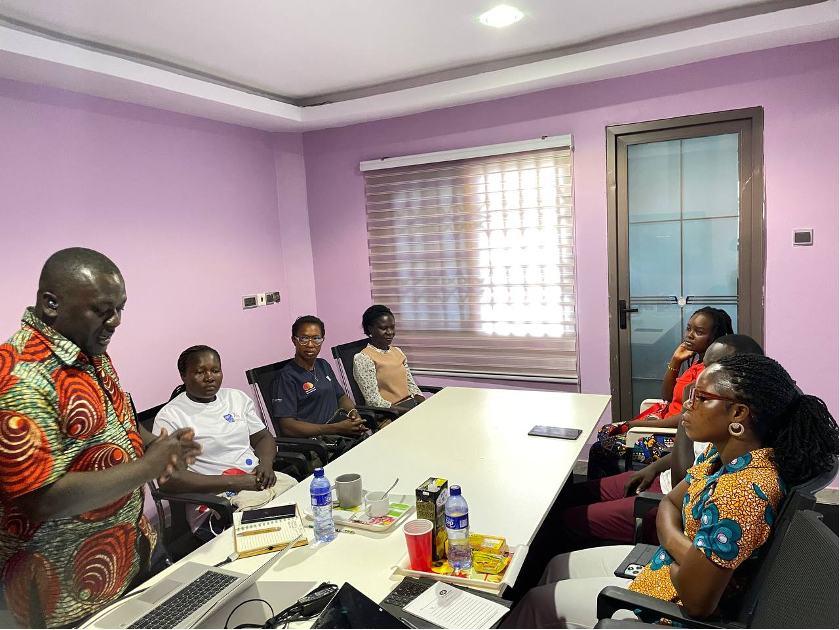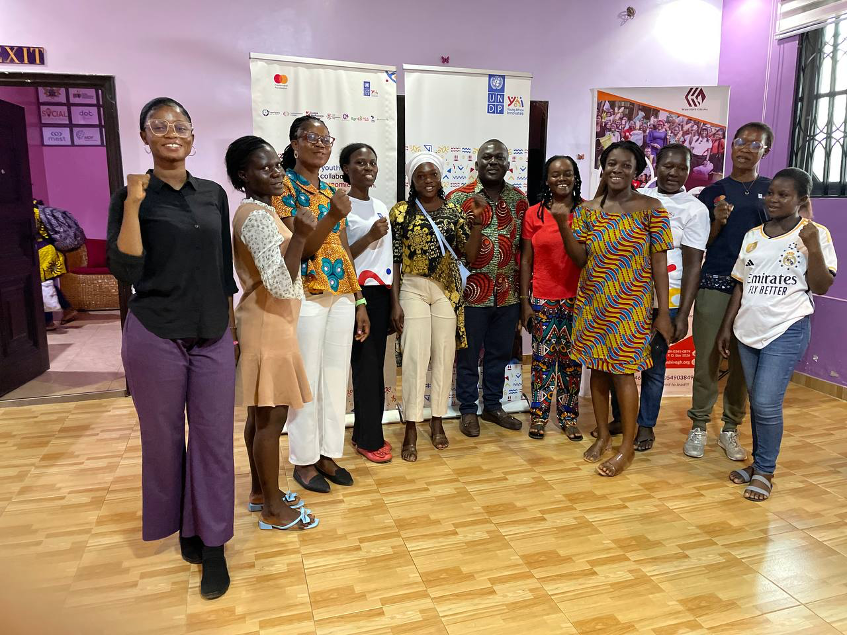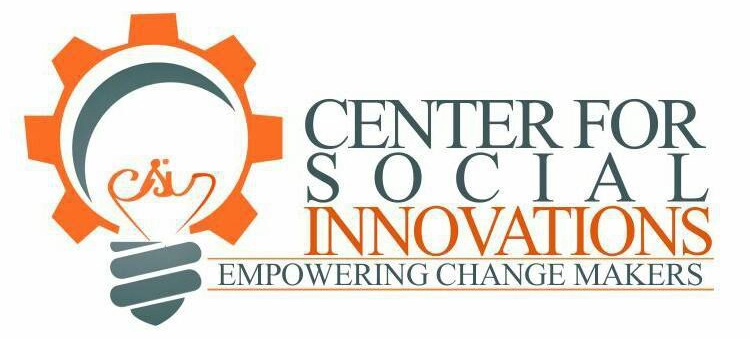Insights from the Youth Innovation Circle Mentorship Program Focus Group
📍 Wanhive, Dumesua–Sunyani
🧭 Introduction: Listening at the Grassroots
As part of ongoing efforts to build resilient, youth-driven innovation ecosystems in Ghana, the Centre for Social Innovations (CSI Ghana) convened a Focus Group Discussion (FGD) with mentees from the Youth Innovation Circle Mentorship Program (YIC). This session, held at Wanhive in Dumesua–Sunyani, formed a critical step in validating survey responses, identifying unreported challenges, and strengthening the program’s support framework.
The session was facilitated by the CSI Monitoring and Evaluation Specialists, comprising Yaw Adu-Gyamfi and myself, Freda Adu Amankwah, as we engaged mentees in reflective dialogue. Participants introduced themselves and shared their experiences, allowing us to identify systemic bottlenecks and propose meaningful interventions
🚛 Ground Realities: Production and Distribution Barriers

🛣️ Poor Infrastructure and Access
Participants noted the poor state of roads leading to rural farms, some spanning over 50 acres which creates barriers for transporting inputs and accessing markets. This lack of infrastructure directly increases production costs and limits growth for agribusiness ventures.
Rural logistics challenges were also linked to increased transportation costs, which affect the movement of both raw materials and finished products. These constraints undermine profit margins and threaten the viability of youth-led enterprises operating in agricultural value chains.
💰 The Cost of Isolation: Pricing and Engagement Gaps
📈 Rising Cost of Raw Materials
The group identified how rising logistics costs create a ripple effect on the price of raw materials, threatening business viability. Without targeted subsidies or regulatory safeguards, innovators are left to bear these burdens alone.
🤝 Lack of Stakeholder Coordination
Many participants expressed frustration with limited engagement from local authorities and buyers. The question that dominated the conversation was, “What’s in it for us?” —reflecting their desire for clear incentives, collaboration, and support systems for youth-led ventures under frameworks like the Local Industrial Cooperation (LIC).
🌾 Innovation Bottlenecks: Tools and Techniques
🌞 Cassava Drying Technologies
The absence of modern cassava drying methods was highlighted as a major cause of post-harvest losses. Participants proposed investment in efficient, scalable drying systems to improve food quality, enhance shelf life, and minimize waste.
🔧 Mechanization and Tools Access
Across the board, innovators stressed the need for processing equipment, digesters, and fabrication tools. Mechanization is essential not just for boosting output but also for stimulating innovation and improving standards in product development.
🧾 Regulation as a Roadblock: FDA Challenges
🛑 Complicated Compliance Processes
The Food and Drug Authority (FDA) was identified as a significant regulatory barrier due to unclear expectations and rigid documentation processes. These hurdles hinder small businesses and startups from obtaining the necessary certifications to access formal markets.
✅ Pathway to Reform
Despite these concerns, mentees expressed a strong interest in engaging with the FDA directly. A visit to the FDA was proposed to open dialogue, seek clarifications, and explore youth-friendly reforms that enable responsible growth and innovation within the regulatory space.
🗺️ Action Points and Strategic Recommendations

- Invest in cassava drying innovations and establish equipment-sharing hubs to support small producers.
From the discussion, the following key recommendations were developed:
- Improve rural infrastructure to ease logistics challenges and reduce production costs.
- Convene local stakeholder platforms to address pricing concerns and create support structures for LIC participants.
- Engage the FDA in structured dialogue to demystify regulatory processes and co-develop simplified compliance guidelines.
Building a Youth-Led Innovation Ecosystem

This session reaffirmed what CSI Ghana stands for: inclusive innovation powered by community insights and collective action. By centering the voices of young entrepreneurs, CSI is helping shape an enabling environment where ideas can thrive—not just in theory, but in practice.
Real innovation requires more than tools! It requires trust, support, and a seat at the table.
As CSI continues to champion youth-led development, these findings will guide our advocacy, programming, and partnerships across Ghana and beyond.
By– Freda Adu Amankwah.
